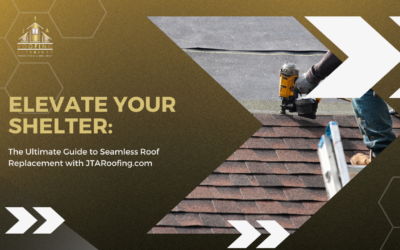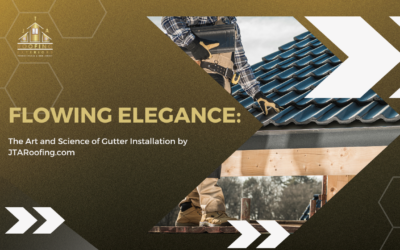Welcome to the ultimate guide on roofing in New Jersey! Whether you’re a homeowner or a business owner, taking care of your roof is essential to maintain its lifespan and protect your property. In this comprehensive guide, we will provide you with all the information you need to know about roof maintenance and how to extend the longevity of your roof.
New Jersey’s unpredictable weather, including heavy rain, snow, and high winds, poses unique challenges to rooftops. Therefore, it’s vital to understand the specific measures you can take to keep your roof in top condition and avoid costly repairs down the line.
From inspecting and cleaning your roof to identifying and addressing common issues like leaks and damaged shingles, we’ve got you covered. Our expert tips and advice will not only help you maintain the structural integrity of your roof but also enhance its functionality and curb appeal.
So, whether you’re a seasoned DIY enthusiast or prefer to hire professional roofing services, this guide will equip you with the knowledge you need to make informed decisions and ensure your roof remains in optimal condition. Let’s get started and uncover the secrets to a long-lasting, reliable roof in New Jersey.
Importance of roof maintenance
Keeping your roof in good condition is crucial for several reasons. First and foremost, a well-maintained roof protects your home or business from the elements. New Jersey’s unpredictable weather, including heavy rain, snow, and high winds, poses unique challenges to rooftops. Regular maintenance helps identify and address any issues before they become major problems.
Moreover, a properly maintained roof enhances the curb appeal of your property. A roof in excellent condition not only looks visually appealing but also increases the overall value of your home or business. Regular maintenance can prevent costly repairs and extend the lifespan of your roof, saving you money in the long run.
It’s important to note that neglecting roof maintenance can lead to more significant problems, such as leaks, mold growth, and structural damage. By investing time and effort into regular maintenance, you can avoid these issues and ensure the long-term integrity of your roof.
Signs of roof damage

Identifying signs of roof damage is essential in maintaining the lifespan of your roof. Here are some common indicators that your roof may require attention:
1. Leaking – Water stains on ceilings or walls, damp spots, or mold growth are clear signs of a roof leak. Leaks should be addressed promptly to prevent further damage to the structure of your property.
2. Damaged Shingles – Cracked, curled, or missing shingles can compromise the functionality of your roof. Inspect your roof regularly for any signs of damaged shingles and replace them as needed.
3. Granule Loss – Excessive granule loss from asphalt shingles indicates wear and tear. The granules protect the shingles from UV rays and can affect the overall lifespan of the roof. If you notice granules in your gutters or downspouts, it’s time to consider a roof inspection.
4. Sagging Roof – A sagging roof is a serious issue that requires immediate attention. It can indicate structural problems, such as rotting or weakening of the roof deck. If you notice any sagging, contact a professional roofer to assess the situation.
By being vigilant and regularly inspecting your roof for these signs, you can catch and address any issues early on, saving you from more extensive repairs in the future.
Common roofing problems in New Jersey
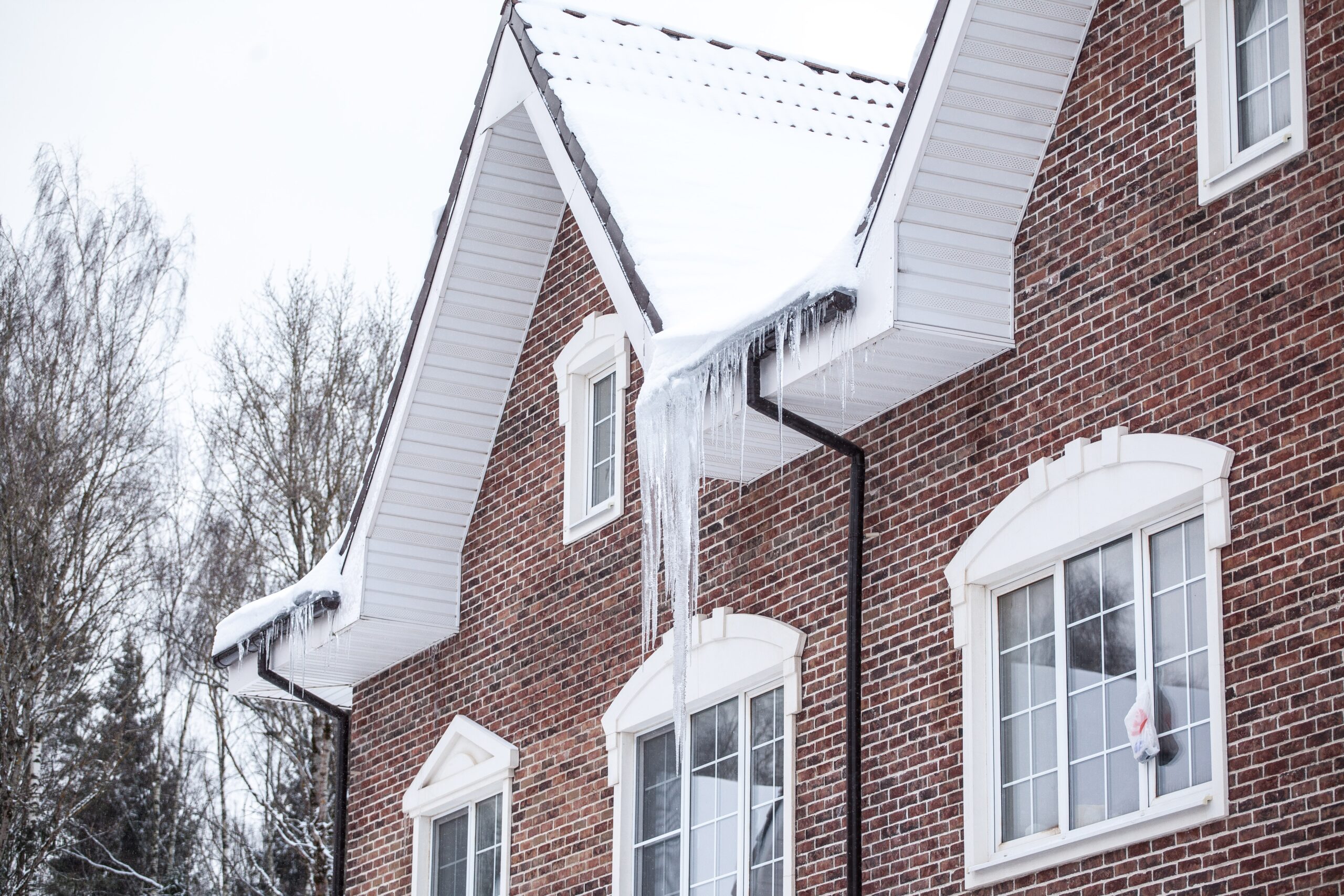
New Jersey’s climate presents specific challenges for roofs, making it crucial to be aware of the common problems that can arise. Here are some issues frequently encountered in the area:
1. Ice Dams – During winter, snow and ice can accumulate on the roof, leading to ice dams. These dams prevent proper drainage and can cause water to seep into the roof, leading to leaks and water damage. Proper insulation, ventilation, and snow removal can help prevent ice dams.
2. High Winds – New Jersey can experience strong winds, especially during storms. These winds can lift and damage shingles, exposing the roof to potential leaks. Regular inspections and prompt repairs after storms are vital to prevent further damage.
3. Algae and Moss Growth – The humid climate in New Jersey provides an ideal environment for algae and moss growth on roofs. While these organisms may not cause immediate damage, they can deteriorate the roof over time. Regular cleaning and maintenance can help prevent their growth.
4. Flashing Issues – Flashing around chimneys, skylights, and vents is prone to damage over time, leading to leaks. It’s essential to inspect and maintain the flashing regularly to ensure a watertight seal.
By understanding these common issues, you can take proactive measures to prevent or address them before they cause significant damage to your roof.
Tips for extending the lifespan of your roof
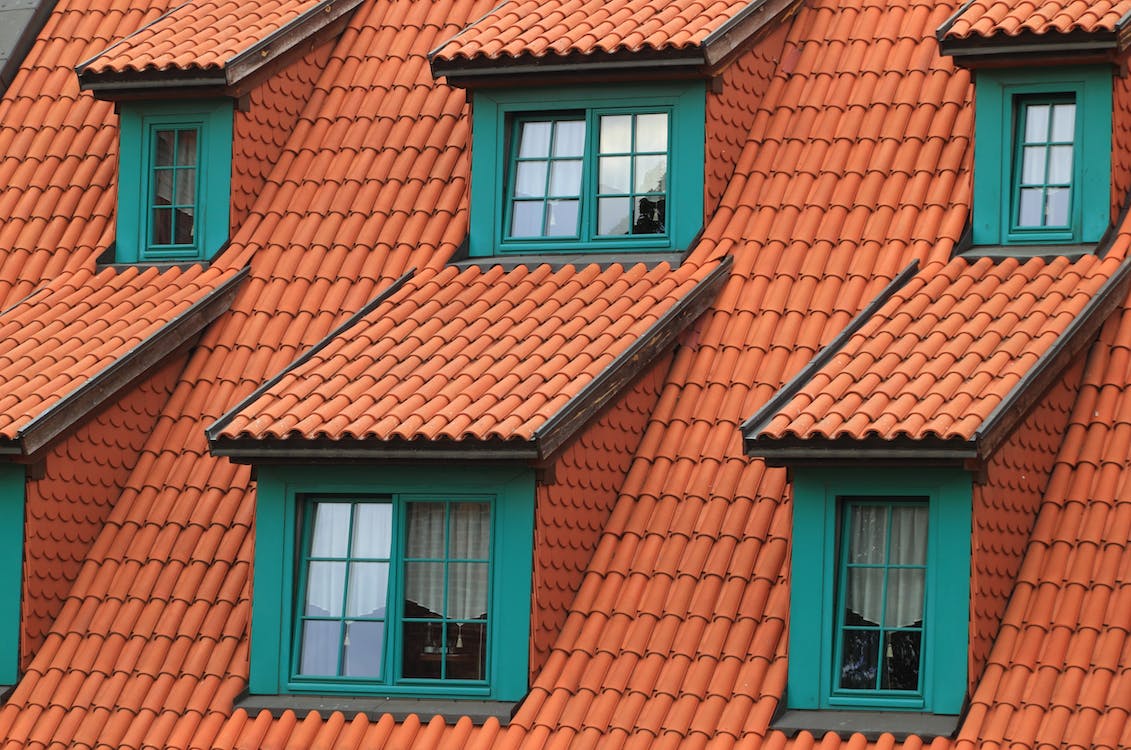
To maximize the lifespan of your roof and avoid costly repairs, follow these tips:
1. Regular Inspections – Inspect your roof at least twice a year, in spring and fall, and after severe weather events. Look for signs of damage, leaks, or any other issues mentioned earlier.
2. Keep Gutters Clean – Clogged gutters can lead to water backup, which can damage the roof and cause leaks. Regularly clean your gutters and ensure they are free from debris.
3. Trim Overhanging Branches – Overhanging branches can scrape against the roof, damaging shingles and creating entry points for water. Trim any branches that are in close proximity to your roof.
4. Address Issues Promptly – If you notice any signs of damage or issues, address them promptly. Delaying repairs can lead to more extensive damage and higher repair costs.
5. Remove Debris – Leaves, branches, and other debris can accumulate on the roof, trapping moisture and causing damage. Regularly clean your roof to prevent debris buildup.
Remember, maintenance is key to extending the lifespan of your roof. By following these tips, you can ensure your roof remains in optimal condition for years to come.
Regular roof maintenance checklist

To help you stay organized and keep track of your roof maintenance tasks, here’s a checklist you can follow:
– Inspect your roof for signs of damage, leaks, or any other issues.
– Clean gutters and downspouts to ensure proper water drainage.
– Trim overhanging branches that may damage the roof.
– Check the attic for any signs of roof leaks or water damage.
– Remove debris, such as leaves and branches, from the roof.
– Inspect and maintain flashing around chimneys, skylights, and vents.
– Schedule professional roof inspections at least once a year.
– Consider applying a roof coating to protect against UV rays and extend the lifespan of your roof.
By following this checklist and making roof maintenance a priority, you can significantly extend the lifespan of your roof and minimize the risk of damage.
Hiring a professional roofer in New Jersey
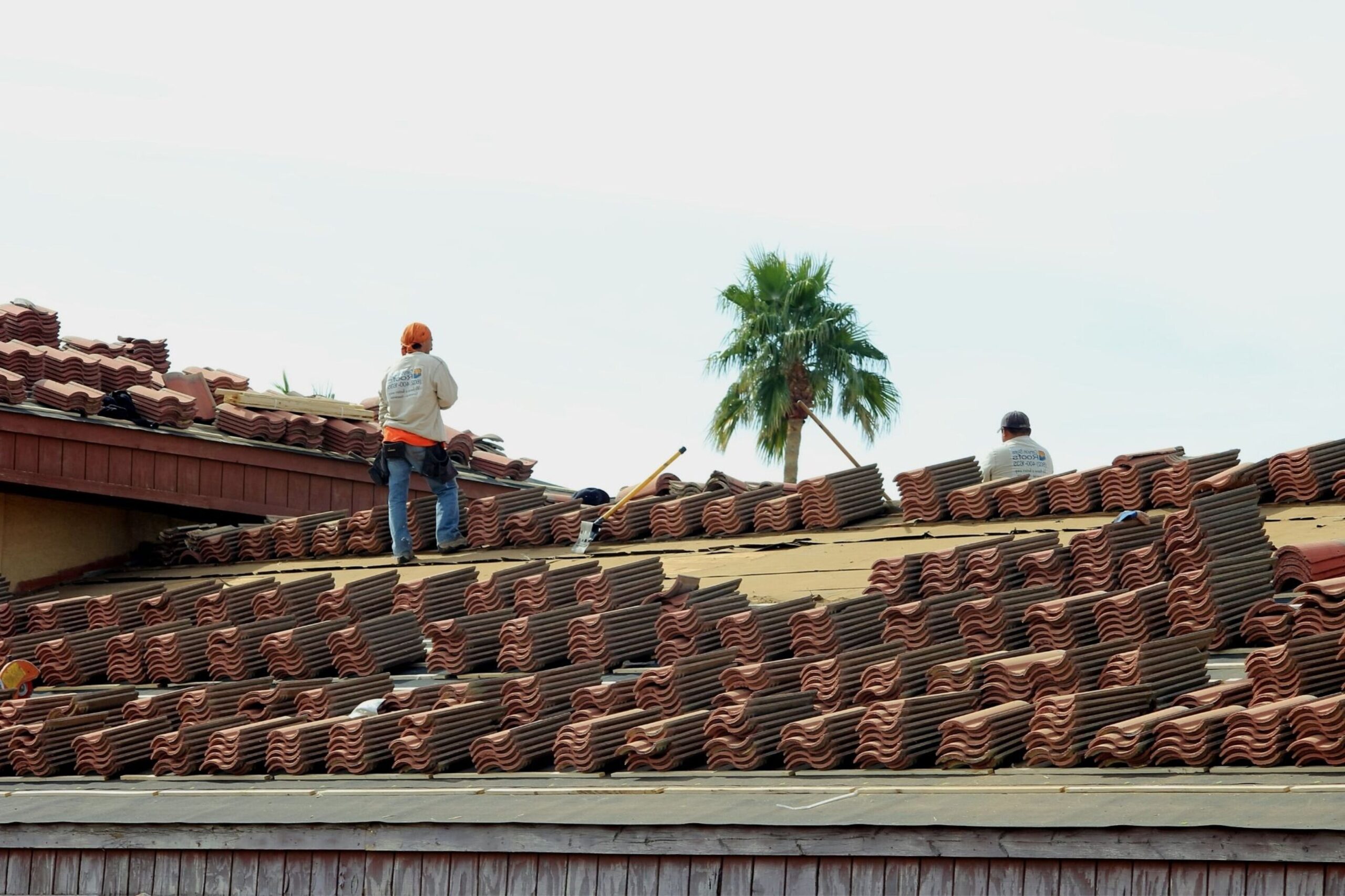
While some roof maintenance tasks can be done by homeowners, it’s often advisable to hire a professional roofer for more complex or extensive work. Here are some tips for finding a reliable roofer in New Jersey:
1. Research and Referrals – Research local roofing companies and read reviews from previous customers. Ask friends, family, or neighbors for recommendations.
2. Check Credentials – Ensure the roofer is licensed, insured, and bonded. This protects you from liability in case of accidents or property damage during the project.
3. Get Multiple Quotes – Obtain quotes from several roofing contractors and compare their prices, services, and warranties. Don’t automatically choose the lowest bid; consider the quality of materials and workmanship as well.
4. Ask for References – Request references from the roofer and follow up by contacting previous clients. This will give you insights into the roofer’s professionalism and the quality of their work.
5. Written Contract – Before starting any work, ensure you have a written contract detailing the scope of work, materials to be used, project timeline, and payment terms.
By taking the time to find a reputable roofer, you can have peace of mind knowing that your roof will be in capable hands.
Roofing materials ideal for New Jersey’s climate
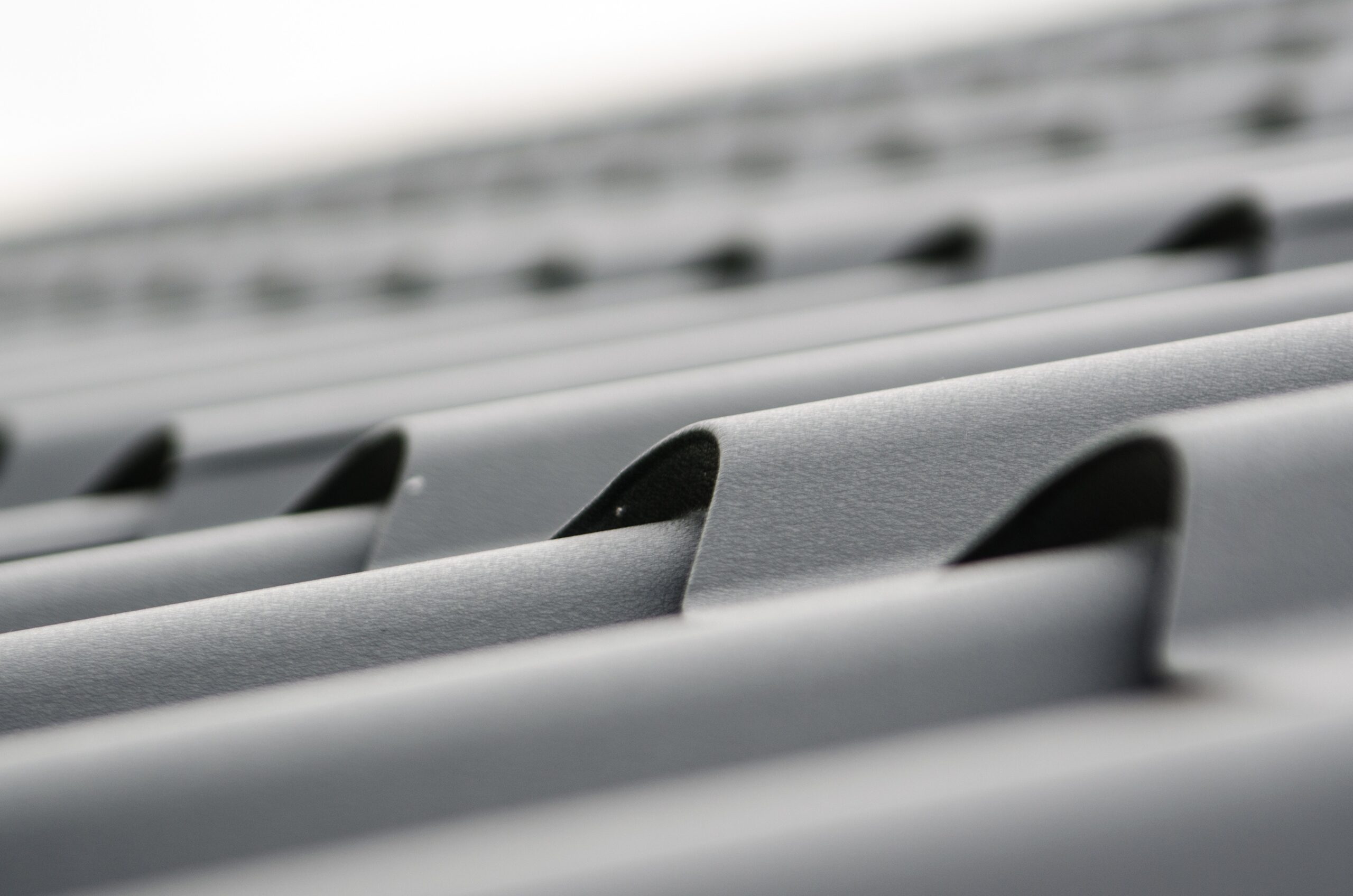
Choosing the right roofing material is crucial in New Jersey, considering the state’s climate. Here are some roofing materials that are well-suited for the area:
1. Asphalt Shingles – Asphalt shingles are a popular choice due to their affordability and durability. They offer excellent protection against New Jersey’s weather conditions and come in various styles and colors.
2. Metal Roofing – Metal roofs are known for their longevity and durability. They can withstand high winds, are fire-resistant, and offer energy efficiency. They are available in different styles, such as standing seam and metal tiles.
3. Slate Roofing – Slate roofs are renowned for their beauty and longevity. While more expensive, they can last for over a century with proper maintenance. Slate roofs are also fire-resistant and can withstand harsh weather conditions.
4. Wood Shingles or Shakes – Wood shingles or shakes provide a unique and rustic look. They are suitable for homeowners who appreciate natural materials. However, they require regular maintenance to prevent rot and moss growth.
Consider your budget, desired aesthetics, and the specific requirements of your property when choosing the roofing material that best suits your needs.
Roofing permits and regulations in New Jersey
Before undertaking any roofing projects in New Jersey, it’s important to be aware of the permits and regulations that may apply. While minor repairs may not require a permit, major projects, such as roof replacements, usually do.
To determine the specific requirements for your area, contact your local building department or visit their website. They will provide you with information on the necessary permits, inspections, and any regulations you need to comply with. It’s essential to follow these guidelines to ensure your roofing project is legal and meets safety standards.
Roofing insurance considerations
Insurance coverage for your roof is an important consideration, especially in areas prone to severe weather conditions like New Jersey. Here are some insurance considerations to keep in mind:
1. Review Your Policy – Review your homeowner’s insurance policy to understand what it covers regarding roof damage and repairs. Familiarize yourself with any exclusions or limitations.
2. Maintenance and Inspections – Some insurance policies require regular maintenance and inspections as a condition for coverage. Ensure you comply with these requirements to avoid potential claim denials.
3. Document Damage – In case of roof damage, document the extent of the damage through photographs and written descriptions. This will help support your insurance claim.
4. File Claims Promptly – If you experience significant roof damage, file an insurance claim promptly. Delaying the claim may result in further damage and complications.
5. Consider Additional Coverage – Depending on your location and the level of risk, you may want to consider additional coverage options, such as windstorm or hail damage coverage.
Consult with your insurance provider to fully understand your coverage and any additional options available to protect your roof.
Conclusion: Protecting your investment
Maintaining and extending the lifespan of your roof is essential to protect your investment in your property. Regular inspections, addressing issues promptly, and hiring professionals when needed are key components of proper roof maintenance. By following the tips and advice provided in this ultimate guide, you can ensure your roof remains in optimal condition and withstands New Jersey’s challenging climate.
Remember to prioritize regular maintenance, stay proactive in identifying signs of damage, and seek professional assistance when necessary. By taking these steps, you can enjoy a long-lasting, reliable roof that protects your property and enhances its value for years to come.
Now that you have all the information you need, it’s time to put it into action and start maintaining your roof in New Jersey. Here’s to many years of a sturdy and dependable roof!



